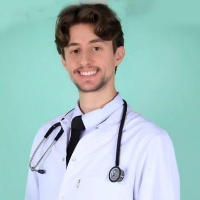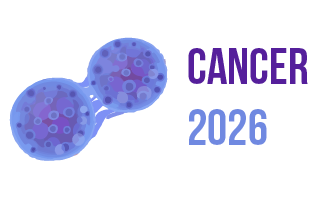4th International Conference on
Innovations and Advances in Cancer Research and Treatment
October 08-09, 2026 | Tokyo, Japan

Address: 68 Horinouchi, Narita, Chiba 286-0107, Japan
Cancer 2026

University of Prishtina, Kosovo
Abstract:
Introduction
Modern cancer treatments often cause acute side effects (e.g., fatigue, nausea, pain) and long-term complications (e.g., neuropathy, hormonal imbalance, infertility, cognitive issues) that impair quality of life. This review examined strategies from the past five years to manage these effects in survivors.
Methods
A literature review of the past five years was conducted to identify strategies aimed at improving quality of life and managing post-treatment complications among cancer survivors.
Results
Common complications include radiation-induced skin toxicity, fatigue, alopecia, and weight changes. Advances like IMRT and SRS reduce healthy tissue damage, while minimally invasive surgery helps manage head and neck disfigurements. Cardiotoxic agents (e.g., doxorubicin) require dose management and cardiology coordination; AI tools like CardioAI aid in monitoring and risk prediction. GI side effects can be alleviated by limiting dietary fat, and pelvic floor muscle training reduces urinary incontinence after prostatectomy. Supplements like vitamin D and bisphosphonates help prevent radiotherapy-induced bone loss. Sexual dysfunction remains under-addressed, but structured documentation and role-play-based provider education show promise in improving care. Survivors often face financial strain, relationship stress, and fear of recurrence. Psychosocial interventions including digital CBT, health education, and virtual reality therapy significantly reduce distress and improve well-being.
Conclusion
Improving cancer survivorship requires multidisciplinary care, integrating medical, psychological, and technological strategies. Coordinated support and tailored education can enhance survivors’ long-term quality of life.
Biography:
Liburn Grabovci is a medical doctor and graduated in the University of Prishtina. His interests include surgery and internal medicine, and he aims to pursue postgraduate specialization while remaining dedicated to lifelong learning, professional growth and works in scientific papers. He collaborates with his other colleagues in the cancer research team of Professor Patricia Tai in Canada who serves as a mentor for them all.
